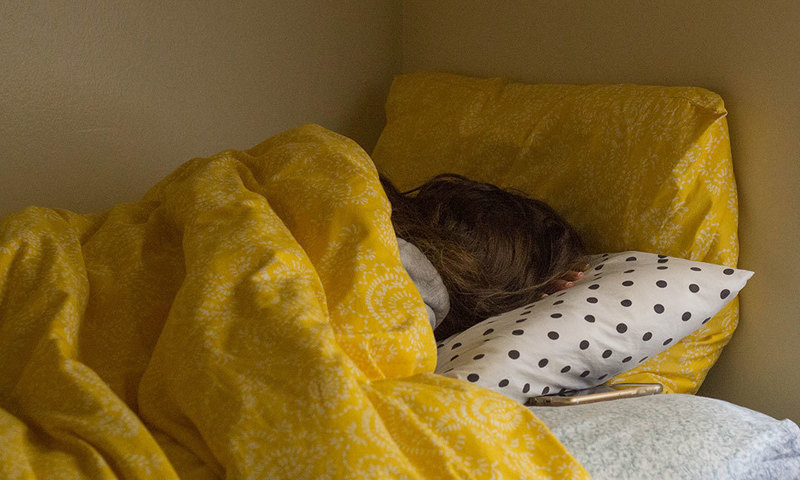If you’re anything like me, you feel very relieved and pretty accomplished getting 7-8 hours of sleep a night. But what if the way you sleep is actually damaging you? What if you could change a few things to enhance the effects sleep has on your body immensely? Below is some research done by CNN about how the way you sleep affects you:
The Best: Back position
Good for: Preventing neck and back pain, reducing acid reflux, minimizing wrinkles
Bad for: Snoring
The scoop: Sleeping on your back makes it easy for your head, neck, and spine to maintain a neutral position. You're not forcing any extra curves into your back, says Steven Diamant, a chiropractor in New York City. It's also ideal for fighting acid reflux, says Eric Olson, M.D., co-director of the Mayo Clinic Center for Sleep Medicine in Rochester, Minnesota: "If the head is elevated, your stomach will be below your esophagus so acid or food can't come back up."
Back-sleeping also helps prevent wrinkles, because nothing is pushing against your face, notes Dee Anna Glaser, M.D., a professor of dermatology at Saint Louis University. And the weight of your breasts is fully supported, reducing sagginess.
Consider this: "Snoring is usually most frequent and severe when sleeping on the back," Olson says.
Perfect pillow: One puffy one. The goal is to keep your head and neck supported without propping your head up too much.
Next Best: Side position
Good for: Preventing neck and back pain, reducing acid reflux, snoring less, sleeping during pregnancy
Bad for: Your skin
The scoop: Side-sleeping is great for overall health -- it reduces snoring and keeps your spine elongated. If you suffer from acid reflux, this is the next best thing to sleeping on your back.
Now for the downside: "Sleeping on your side can cause you to get wrinkles," Glaser says. Blame all that smushing of one side of your face into the pillow, says Health magazine's Medical Editor Roshini Rajapaksa, M.D.
Consider this: If you're pregnant, sleep on your left side. It's ideal for blood flow.
Perfect pillow: A thick one. "You need to fill the space above your shoulder so your head and neck are supported in a neutral position," says Ken Shannon, a physical therapist at Brigham and Women's Hospital in Boston.
Not Ideal: Fetal position
Good for: Snoring less, sleeping during pregnancy
Bad for: Preventing neck and back pain, minimizing wrinkles
The scoop: Outside of your mother's uterus, resting in a tight fetal pose isn't a great idea. When you snooze with your knees pulled up high and chin tucked into your chest, you may feel it in the morning, especially if you have an arthritic back or joints, Olson says.
"This curved position also restricts diaphragmatic breathing," adds Dody Chang, a licensed acupuncturist with the Center for Integrative Medicine at Greenwich Hospital in Connecticut. And if you make this your nightly pose, you may bring on premature facial wrinkles.
Consider this: Just straighten out a bit -- try not to tuck your body into an extreme curl.
Perfect pillow: One plump pillow -- the same as side position, to give your head and neck support.
The Worst: Stomach position
Good for: Easing snoring
Bad for: Avoiding neck and back pain, minimizing wrinkles
The scoop: "Stomach-sleeping makes it difficult to maintain a neutral position with your spine," Shannon explains. What's more, the pose puts pressure on joints and muscles, which can irritate nerves and lead to pain, numbness, and tingling.
"Think about the soreness you'd feel if you kept your neck turned to one side for 15 minutes during the day," Diamant explains. In this position you have your head to one side for hours at a time. You won't necessarily feel it the next day, but you may soon start to ache.
Consider this: Do you snore? "Stomach-sleeping may even be good for you," Olson says. Facedown keeps your upper airways more open. So if you snore and aren't suffering from neck or back pain, it's fine to try sleeping on your belly.
Perfect pillow: Just one (and make it a thin one) or none at all.
 Biola University
Biola University


.jpg)
.jpg)